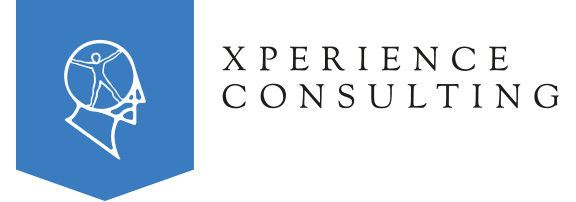Personality Poker: Are You Playing with a Full Deck?
Are You Playing with a Full Deck? How Personality Poker Helps Teams Uncover Their Strongest Suits
When it comes to innovation, are you and your team holding all the right cards, or are you one card short of a full deck? In today’s fast-paced work environments, the key to success isn’t just about having the right skills; it’s about ensuring the right mix of personalities is working together in harmony. This is where Personality Poker, a tool created by innovation expert Stephen Shapiro, comes into play.
What Is Personality Poker?
Personality Poker is a fun and insightful card game that helps individuals and teams discover their personality types and how they interact with others. It goes beyond traditional personality tests by turning the exploration of team dynamics into an engaging and collaborative experience. With its clever use of a 52-card deck, it helps people quickly identify their strengths, weaknesses, and gaps in team collaboration.
Why You Should Stop Gambling with Innovation
Innovation doesn’t happen by accident—it requires the right mix of people and approaches. Often, teams that get along too well may be missing a crucial element: diversity of thought and action. As the saying goes, “birds of a feather flock together,” and while that might be great for hanging out, it’s less effective when it comes to solving complex problems or driving innovation.
That’s why Shapiro’s Personality Poker aims to shake things up. It ensures teams avoid the trap of uniformity and helps identify who’s missing from the table. By assessing each team member’s personality type through the card suits (representing different strengths such as creativity, analysis, action, and empathy), teams can better understand their dynamics and where there’s room for improvement.
How Personality Poker Works
The gameplay is simple but effective. Each participant is dealt a hand of cards, each representing a different personality trait. The goal is to assess which cards reflect your true self and then trade cards with other players to refine your hand. It’s a bit like poker, but instead of winning with the highest hand, you win by discovering the traits that best describe you—and which ones don’t.
The cards are divided into four suits, each representing a different type of personality:
- Hearts: People-oriented and empathetic
- Diamonds: Fast-paced and creative
- Clubs: Structured and organized
- Spades: Analytical and strategic
By the end of the game, you’ll have a clearer understanding of your strongest suit and, more importantly, what roles your team might be missing. Are you loaded with diamonds but missing spades? Personality Poker will help you see the gaps and take steps to fill them.
Unlocking Team Potential
Personality Poker is not just a game—it’s a tool for driving better collaboration. The insights gained from playing can lead to meaningful conversations about team strengths and weaknesses. More importantly, it gives teams a framework to ensure they are working with a full deck of capabilities, avoiding the pitfalls of over-reliance on one type of thinking.
In my own experience playing the game, I found that the cards forced me to reflect on my own tendencies and biases. I realised that while I may lean heavily on creativity (represented by diamonds), I needed to surround myself with people who are more detail-oriented (clubs) to keep my ideas grounded. It’s this kind of balance that Personality Poker helps teams achieve.
The Bigger Picture: Stop Gambling with Your Innovation Strategy
The game also serves as a great metaphor for innovation itself. Just like in poker, it’s easy to get stuck playing the same hand, relying on old strategies that worked before. But innovation requires you to look at the cards you’re holding, assess their potential, and know when to trade for something better. By using Personality Poker, you stop gambling with your innovation strategy and start playing to your team’s strengths.
Ready to Play?
If you’re ready to stop gambling with innovation and want to discover your team’s strongest suits, grab a deck of Personality Poker cards today. Whether you’re leading a team or just curious about your own strengths, this game provides insights that go beyond what a traditional personality test can offer.
It’s no secret that successful teams aren’t just made up of people with similar mindsets—they’re built on diversity of thought and complementary strengths. But how do you know if you’re working with a full deck?
After testing out Personality Poker by Stephen Shapiro, I’ve discovered a simple, interactive way to understand individual and team dynamics.
Join me as I explore how this card-based tool can help teams stop “gambling” with innovation and start playing to their strengths—literally.
Recent Posts
Categories
Archives
Tags
